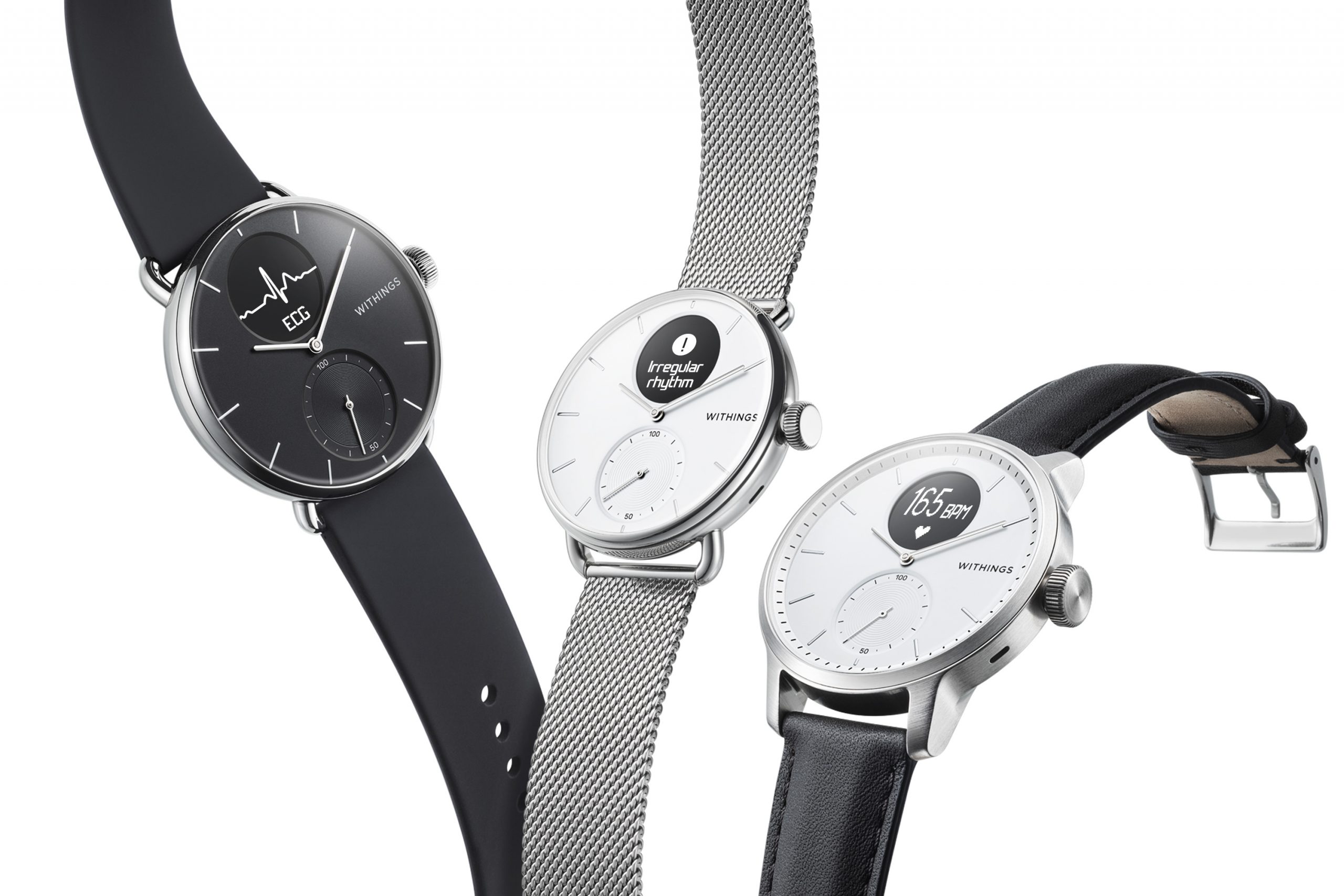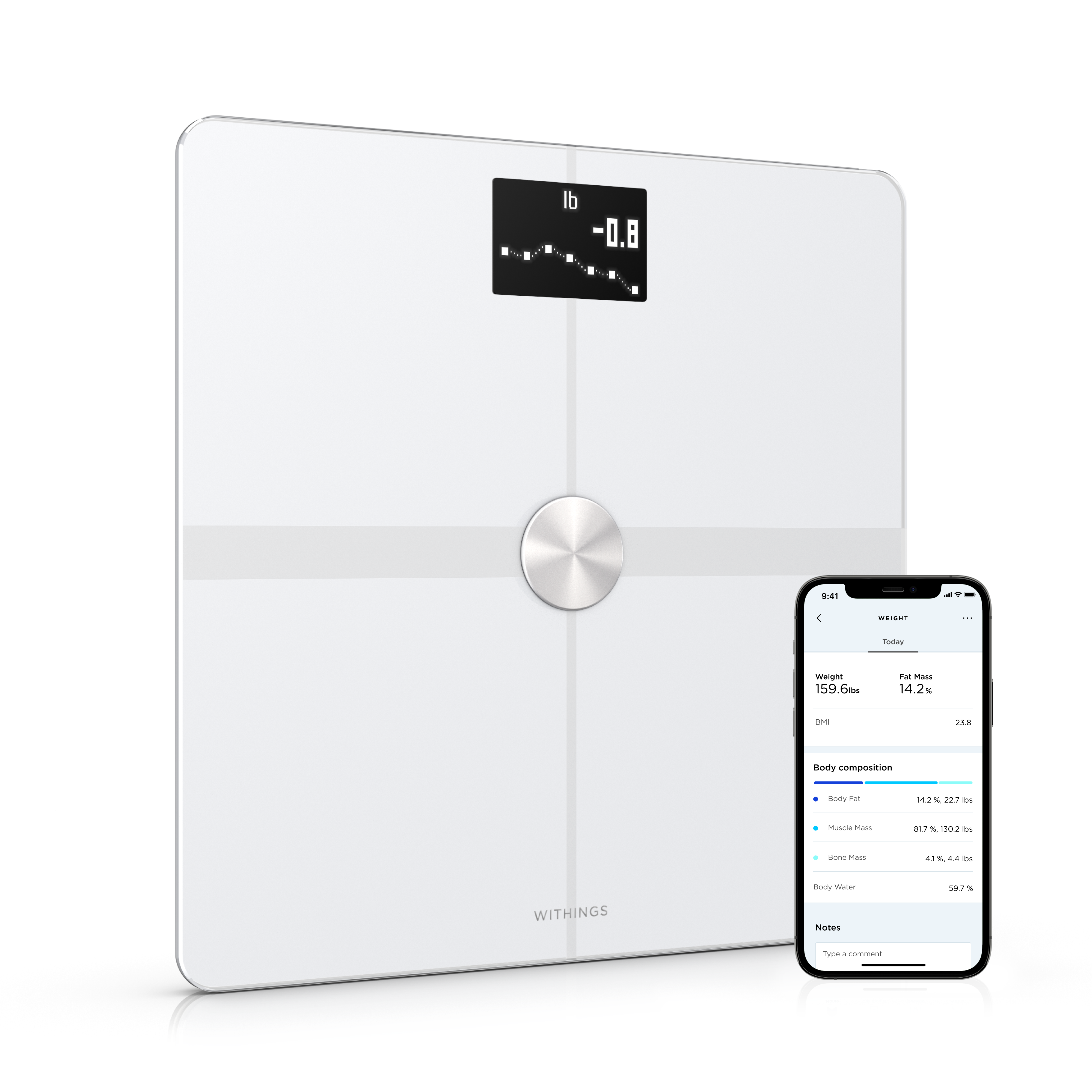
You love your dog for all kinds of reasons. Companionship, security, pure adorableness. Now there’s another reason to love – it turns out that dog owners can reap a range of healthy benefits from our furry friends.
OK, so you might love dogs, but dog-walking is the one thing we don’t usually love, especially when the weather is less than ideal. Heaving yourself off the sofa in the rain or on a cold winter’s night may sound like a con, but according to science, the pooch is a pro for your wellbeing.

Just ask Nancy Giles, a well-known movie and TV actress who is currently seen as a commentator on CBS News Sunday Morning. Giles has had George, her 14-year-old rescued Beagle, for 12 years, and when George has a need, Nancy responds. “My dog makes me go outside when I don’t feel like it,” she tells us. Which brings us to point number one:
1. Dog Ownership Gets Us Moving
Dogs are exercise machines, but unlike that stationary bike in your basement, you can’t just put laundry on top of your dog and forget about it. Not only do dogs make working out more pleasant, they make it mandatory. Taking our dogs out for walks requires, well, walking. Just like babies need to be bathed and fed, dogs need to be walked. They depend on us, and we can’t let them down. Left to our own devices, we could easily put off hitting the streets to pursue less active pursuits. But when your best buddy is giving you puppy eyes, you lace up even if you were just hoping to binge watch Netflix.
2. Dogs Contribute to Good Heart Health
I once asked my dad, a Stanford cardiologist, for the single greatest piece of advice he gave his transplant patients. He didn’t skip a beat: “I tell them to get a dog.” https://t.co/mGrsq1L9qO
— Nicole Perlroth (@nicoleperlroth) August 23, 2019
Does love for your dog actually help your heart? According to an article published by Harvard Medical School called Having a dog can help your heart — literally, dog owners have lower blood pressure than non-owners — likely because of higher rates of cardiovascular exercise, and because multiple studies have shown that when humans talk to and touch dogs it calms them. This lowering of blood pressure from dog interaction is known in the medical world as the “pet effect.”
The Harvard Medical School article also noted that a large study showed that owning a dog is associated with lower cholesterol and triglyceride levels, although the reasons were not entirely clear. The evidence presented was so persuasive, the Harvard blog felt if necessary to caution people not to run out and get a dog just “for the primary purpose of reducing heart disease risk.”
Update 2019: As referenced in the tweet above, another study from the Mayo Clinic shows dog ownership associated with better cardiovascular health and yet another in the American Heart Association Journal “Circulation” about dog ownership and increased survival after a major cardiac event. The latter study looked at nearly 4 million people. Researchers found that, among the general population, dog owners had a 24% lower risk of death within 10 years, compared with non-dog owners. Among dog owners with cardiovascular disease, the risk was 65% lower. The study can not say why this is true, but they cited helping people with companionship and increased activity needed to walk a dog were possible reasons.
3. Having a Pooch Improves Mental Health and Reduces Stress
It’s clear that mental health is a major part of everyday wellbeing. Sound mental health allows us to make positive choices when it comes to working, eating, and contributes to our athletic performance.
Psychologists at Miami University and Saint Louis University examined potential benefits of pet ownership and results reported in the Journal of Personality and Social Psychology show that housing a hound is a smart choice for your health. Of the article Friends With Benefits: On the Positive Consequences of Pet Ownership, lead researcher Allen R. McConnell, PhD, of Miami University in Ohio said, “We observed evidence that pet owners fared better, both in terms of well-being outcomes and individual differences, than non-owners on several dimensions… pet owners had greater self-esteem, were more physically fit, tended to be less lonely, were more conscientious, were more extraverted, tended to be less fearful and tended to be less preoccupied than non-owners.”
Spending time with a dog also been shown to improve immune function, and ease feelings of pain. It’s no surprise, therefore, that dogs are often used as therapy pets in hospitals and hospices, and prescribed to those who are managing depression.
4. Living with Dogs Helps Reduce Allergy & Asthma Risk

Pet allergies are an often-cited reason for why families choose not to get a dog, but a 2010 study in Journal of Pediatrics found that children who grew up with a dog in their home were less likely to develop eczema. And what about cats? Kids who grew up with cats in the house were actually more likely to develop eczema, the researchers found.
And kids who live with dogs from birth can possibly reduce their risk of developing asthma as well. A recent large scale study involving 650,000 children backs this up. As reported in JAMA Pediatrics on November 2, 2015, exposure to a dog in the first year of life resulted in a 13% reduction in asthma rates later in childhood. Considering animals are typically “dirtier” than humans, this research fits with thehygiene hypothesis, which states that the more dirt and dust children experience, the less likely they are to suffer from autoimmune diseases and allergies later in life.
5. Dogs Help You Meet Exercise Goals and Benchmarks
If you have measurable fitness goals, dogs can offer more than just devotion and company. At Withings, two recent articles we wrote showed just how important dogs are to people with activity trackers who are trying to get in their steps.
Annabelle Kelly used a Withings activity tracking watch to crunch the numbers on her daughter’s daily activity levels and found their adopted dog helped everyone meet their walking goals.
And our weight-loss success story, Paul Abdon, improved his cardiovascular health by watching his diet, tracking his fitness and making sure to take Ruffa, his mixed breed dog, on long walks at least three times a week.
Evidence found in our articles is backed up by a study published by Michigan State University, which showed that people who owned and walked their dogs were 34 percent more likely to meet federal benchmarks on physical activity.
6. Dogs Improve Your Social Life and Relationships
Nancy Giles tells us her dog is a local calling card, saying, “Having a dog has helped me know neighbors, know their names…He’s a cute dog and neighbors say hello to George and then to me.”
As a seasoned performer, Giles isn’t the shy type, but dogs have been found to help many people who are shy by easing them out of social isolation. From starting conversations about breed type to nudging people out into the world, dogs can help people have more positive interactions to break the ice and even help them find love.
And just being close with a dog helps improve human relationships, according to a study from Tufts University that showed young adults who had a strong attachment to pets reported feeling more connected to their communities and relationships.
7. Living with Dogs Heightens Feelings of Safety and Security
Dogs super-sharp hearing and animal instincts can alert us to intruders before we catch on. Add to that a dogs’ natural ability to sniff out tension, fear, and anger, and you see why many people think they make an excellent barometer of who to trust. It’s down to biology — a dog can sense danger at a more visceral level than humans do.
Giles tells us she credits George’s canine caterwauling for making her feel secure at home. “He’s got a big large howl. He makes me feel safe. Whenever anyone is at the front door, he’s better than a doorbell.”
And a list of tips drawn up by a serial burglar on how not to get robbed included getting a dog — any dog. As reported in the Daily Mail, a man responsible for 70 successful break-ins said, “burglars will not risk entry if there is even a hint of a pet pooch.”
Of course, dyed-in-the-wool dog lovers would keep their dog regardless of any of this ‘dogs improve your health’ payback. The health and wellness benefits are just icing on an already-sweet cake. As Giles says, “I think I’ll always have a dog.”
So after your required healthy trot around the block with Spot, why not snuggle up for a stress-reducing love fest? Chances are it will do you both a world of good.




